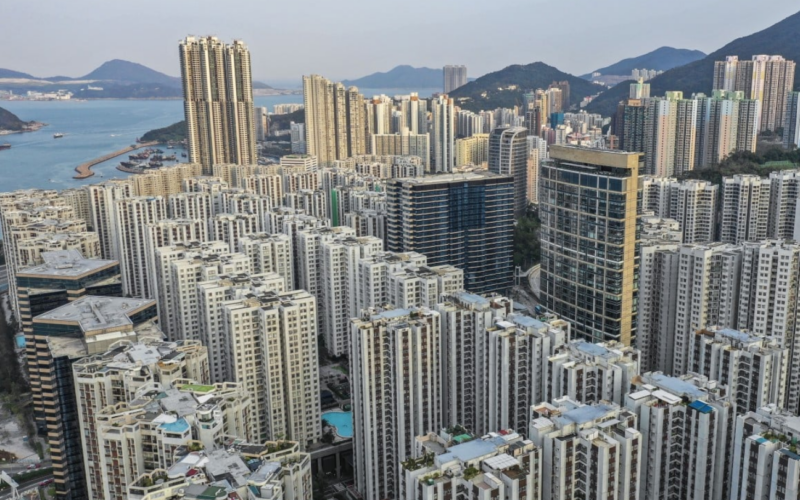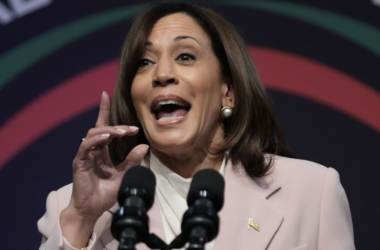Hong Kong’s Chief Executive, John Lee, has intensified efforts to address the prevalent issue of illegal structures in the city’s luxury homes, signaling potential repercussions for the property market. As the government contemplates a citywide survey to identify violations, the move is viewed as a response to the perceived inequities in the residential market, echoing concerns raised by Chinese President Xi Jinping. While a crackdown may initially impact the wealthy, the broader property market in the financial hub could experience significant price declines, adding to existing challenges in the real estate sector.
President Xi Jinping highlighted the desire for larger apartments among Hong Kong residents, emphasizing the need to address housing inequalities. Despite a more than 20% drop in secondary home prices from the 2021 peak, the cost of a modest 600-square foot apartment in Shatin, the city’s most populous district, remains high, standing close to 19 times the median annual income. Chief Executive John Lee has expressed intentions to prosecute those involved in illegal structures, with considerations for a comprehensive survey of houses built on slopes following a September landslide on Redhill Peninsula.
Luxury properties, particularly those in popular areas like Redhill known for expansive basements in cliff-side mansions, face the immediate brunt of a zero-tolerance approach to illegal structures. The prospect of sinking property values in high-end segments looms large, potentially triggering negative price movements that could extend to affect the broader property market.
The proposed crackdown poses a high-risk move for authorities, especially amid a backdrop of declining property transactions in 2022, which are on track to end below the figures recorded in 2021, marking a historic low since 2013. Major property developers, including Sun Hung Kai, CK Asset, and Henderson Land Development, have responded to subdued sentiment by offering substantial discounts on new apartments. The financial contribution of stamp duties, constituting 20% of the government’s annual revenue, further complicates the decision to address the issue. Hong Kong’s government, operating on a deficit since the pandemic, faces the challenge of balancing financial considerations with the imperative to address housing inequalities.
President Xi Jinping’s efforts to curb property market speculation on the mainland exert additional pressure on Chief Executive John Lee to address the issue in Hong Kong. The perceived link between inequality and social unrest in the city in 2019, coupled with diminishing influence from local tycoon landlords, underscores the growing imperative for change. While disruption is inevitable, the need to act appears increasingly urgent amid shifting social dynamics and national policy considerations.
Chief Executive John Lee, in his annual policy address on October 25, announced plans to propose lowering the prosecution threshold and increasing penalties related to illegal residential structures in 2023. Additionally, the government has initiated prosecutions against homeowners at Redhill Peninsula, a luxury housing estate, following the attention drawn to potential illegal excavation after a landslide on September 12. The administration is contemplating a citywide survey to identify violations, emphasizing its commitment to addressing unauthorized building works.
Hong Kong’s intensified crackdown on illegal structures presents a complex scenario for its property market. The delicate balance between addressing housing inequalities, meeting financial obligations, and navigating national imperatives requires strategic decision-making from authorities. As Chief Executive John Lee navigates the challenging terrain, the outcome of this crackdown will not only shape the future of the property market in Hong Kong but may also set a precedent for other regions grappling with similar housing issues.








